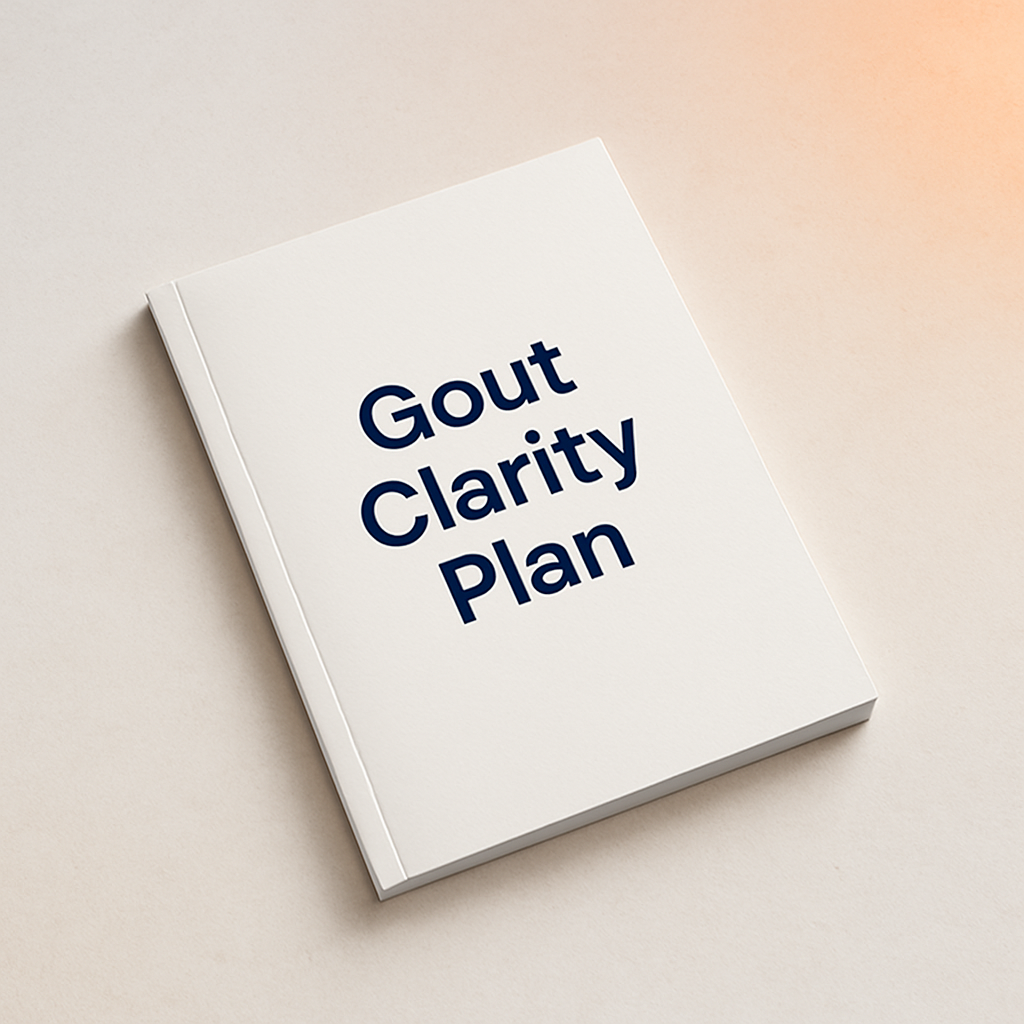Indomethacin
Often considered the most effective NSAID for gout, typically prescribed at 50mg three times daily during acute attacks.
While effective, it may cause more side effects than other options.
Naproxen
Commonly prescribed at 500mg twice daily for gout flares. Available both by prescription and over-the-counter (as Aleve).
Often better tolerated than indomethacin with a longer half-life, requiring less frequent dosing.
Ibuprofen
Widely available over-the-counter, typically used at higher doses (800mg three times daily) for gout than for everyday pain.
While perhaps not as potent as prescription options, it can be effective when taken promptly at anti-inflammatory doses.
